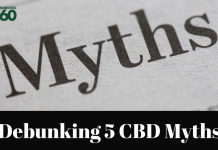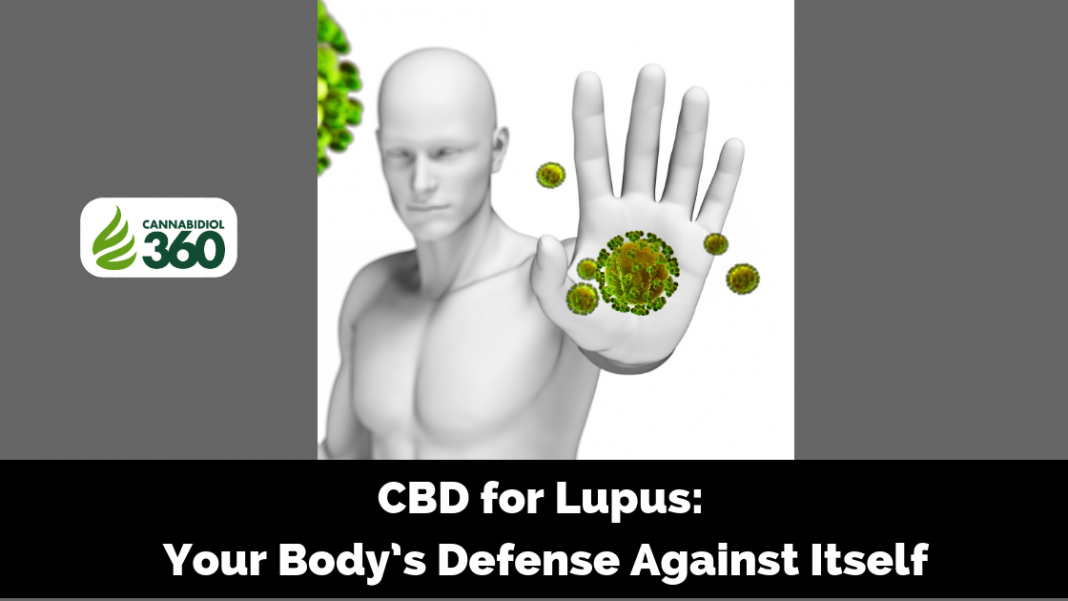
Lupus is an autoimmune disease. It pushes inflammation to attack tissues and organs. Lupus cases and symptoms tend to difference between patients. Some may have mild symptoms while others have severe symptoms. Others may suffer permanent symptoms while others only suffer flare-ups from time to time.
Lupus cannot be treated but the symptoms can be managed so they do not cause too much of an interruption in life. Lupus is caused by a combination of factors ranging from medication to genetics to environmental.
The issue with lupus research is that most research is directed towards finding ways to manage the symptoms. The drugs are often very strong and will cause some severe side effects. Once a patient goes back to the doctor to complain about the side effects, they are prescribed a different drug to help the body tolerate the drug better. More often than not, the drug requires that the person adjust the dosage up constantly.
The most distinct symptom, though not in all cases, is a facial rash that resembles a spread out butterfly. The patient will also suffer fatigue and debilitating pain, there also might be skin lesions. In some cases, the patient might develop Raynaud’s phenomenon. This is when the patient develops blue or white fingers and toes when they suffer stress or are exposed to cold.
Forms of Lupus
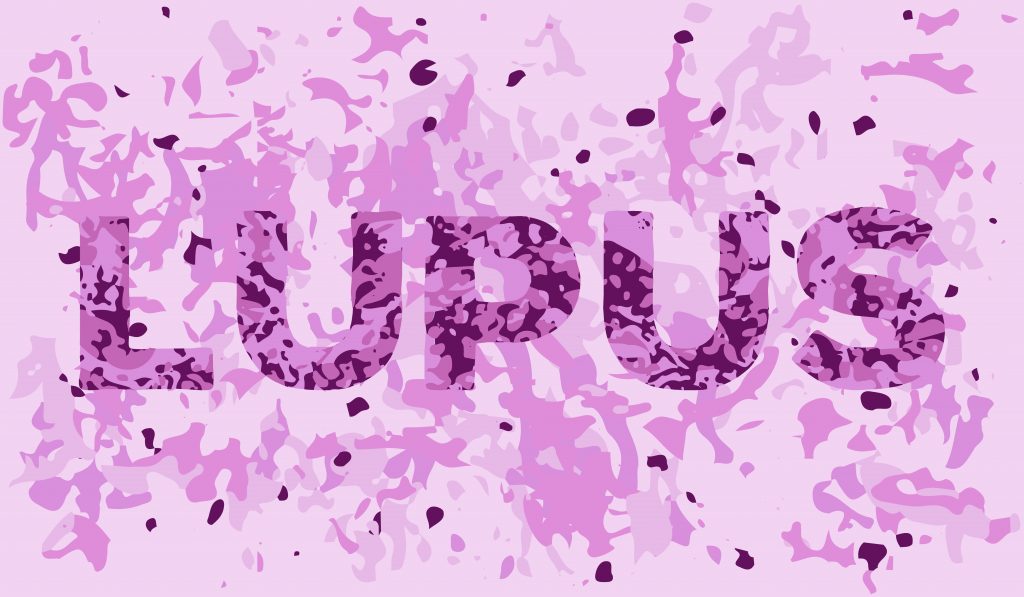
More than 5 million people in the world have lupus. Up to 90% of these people live normal lives as lupus is not exactly deadly. However, 10-15% of lupus patients die from complications like organ damage. The inflammation is likely to affect vital organs.
Systemic Lupus is the most common type with over 60% of the cases. More than half of these will suffer damage to a vital organ.
There is also cutaneous lupus, which is a dermatological problem and only account for about 10% of the lupus cases in the world.
Neonatal is a sub-type of lupus. It accounts for another 10%. In this case, the mother’s immune system attacks the fetus. However, in most cases neonatal lupus fades after six months of birth.
Quintessence of Autoimmunity
The body is designed to maintain its own balance, it is designed to have an optimal level at which all things are right and dandy. However, due to environmental factors among others it becomes harder and harder to achieve homeostasis in the natural way.
The body then adjusts, as it is resilient. It contends with the new normal and adapts to functions under subpar conditions.
This resilience is the reason for autoimmunity. At this point, the body will require medication to rebalance physiology. Later, there will be need for more medication to enhance function and tolerance of the first drug.Within time rather than achieve physiological balance, it is knocked further off kilter. Physiological function declines.
CBD Not New to Lupus Community
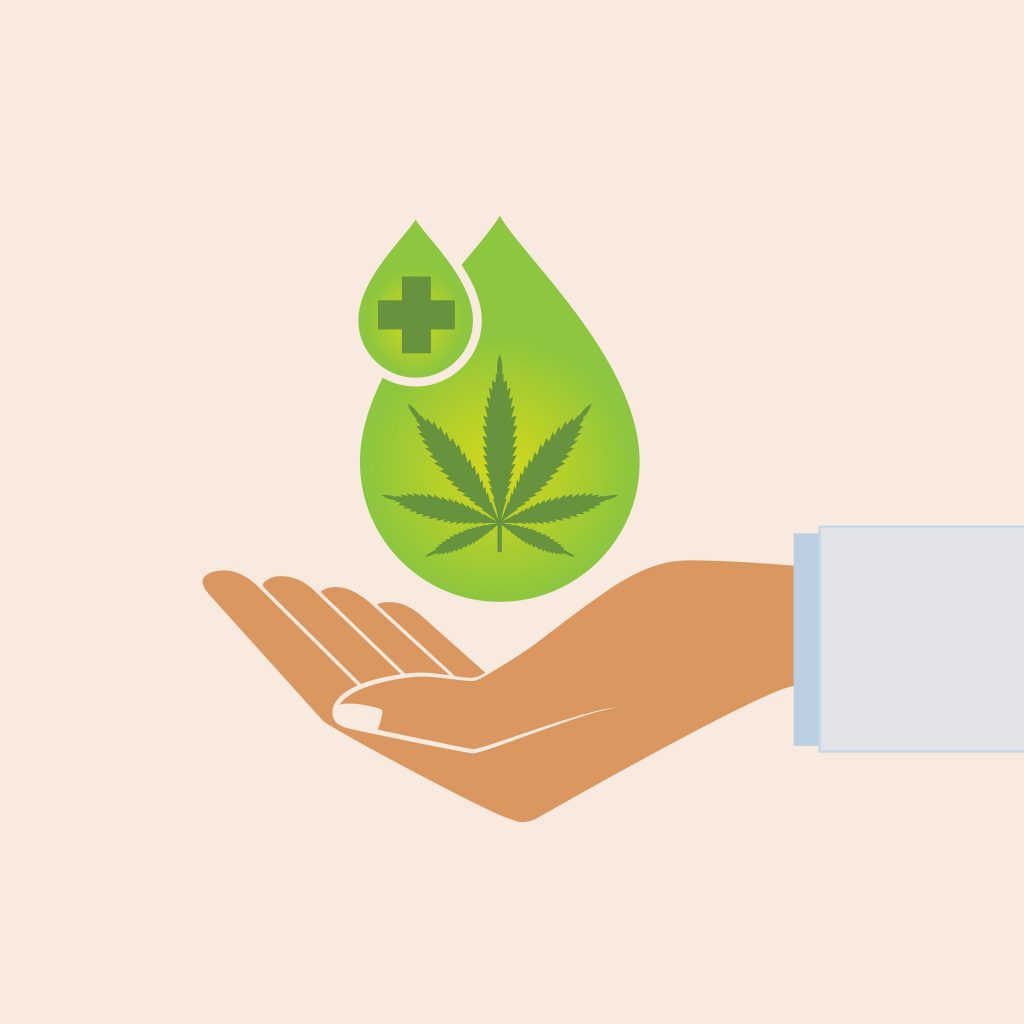
A survey was conducted to look into the popularity of CBD for lupus management. 90% of the participants who used marijuana to manage lupus symptoms did not consult their doctor about it.
83% would recommend marijuana for management of symptoms. Only 28% reported side effects from use of marijuana. The side effect was appetite. CBD combats inflammation, heals pain, promotes body’s natural ability to detoxify, and promotes systemic homeostasis.
CBD against Lupus Inflammation
Studies have found that CBD modulates about 100 genes, which manipulate signaling molecules relevant to the body’s natural anti-inflammatory response. These signaling molecules are neurotransmitters in the Central Nervous System, hormones, and cytokines in the immune system. CBD increases anti-inflammatory elements while inhibiting pro-inflammatory cytokines.
A review published in 2010, outlined the relationship between autoimmunity and the endocannabinoid system and by extension effects of phytocannabinoids on autoimmunity.
Experimental models for autoimmune diseases like MS showed protection of host from pathogenesis through induction of multiple anti-inflammatory pathways. These pathways enable suppression of inflammation and attenuation of disease symptoms by properly mediating apoptosis of activated immune cells.
Inflammation is not entirely bad. It is a defense mechanism by the body against bacteria and viruses. CBD does not look to clear out the entire inflammatory response. It only works to reduce so that it is not affecting the body and organs adversely.
However, this is only in the case of actual threat. When the inflammation is brought about by an overactive immune system then it clears it in the entirety. Neither CBD mechanism can be manipulated by human action. CBD endeavors to maintain homeostasis and would therefore effect whichever mechanism the body requires at a time.
Combating inflammation not only helps with symptoms but also works to reduce the number of flare-ups. This would be a treatment avenue worth pursuing to cure lupus rather than just manage symptoms.
CBD for Pain and other Symptoms
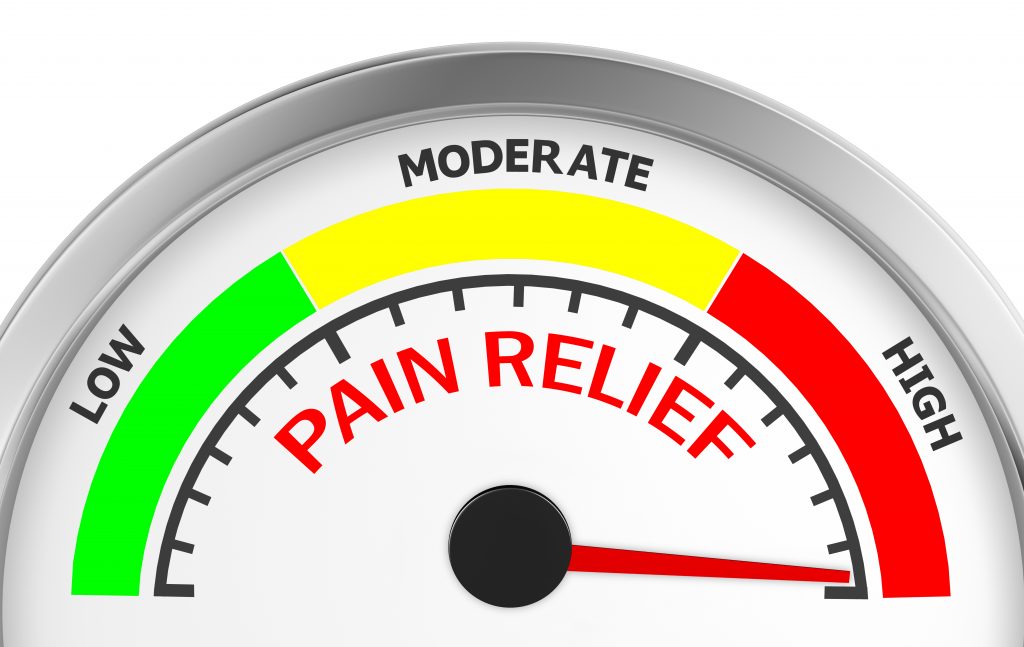
Pain is one of the resultant effects of inflammation. In the more severe cases, it will be disrupt many aspects of life as the patient might be unable to function as he or she usually does. The stress from this inability will only work to worsen the situation and maybe prolong the flare up.
A study published in the Journal of Experimental Medicine demonstrated that unlike other pain management pharmacotherapies, CBD will not cause development of tolerance/addiction. The patient will not be required to constantly up the dosage either.
Activated endocannabinoid receptors modulate non inceptive thresholds. A display of synergistic effects with other systems that influence analgesic is then effected. Like activation of a serotonin receptor, for example. It has also been posed that CBD block pain signals to the brain. A little like an epidural. Through these actions, pain is managed.
Lupus may lead to wearing out of the bones. CBD has been found useful in the healing of fractured bones and those that have been affected with necrosis. It is an effective agent in bone rebirth and repair.
CBD to Protect Organs
Oxidative stress, cell death, or high blood pressure or some other issue with the blood vessels will usually damage organs. CBD has been found to have the capability to decrease oxidative stress by working to eliminate the super-oxides responsible for the problem.
CBD can also stimulate action against cell death. It can enhance the physiological reaction to clear out dead tissue and build new ones. It can also protect the tissue from events that cause apoptosis. CBD is also a vasodilator. It helps relax the vessel walls for a more appropriate blood pressure.
CBD as Adjunctive to or Replacement for Drugs
The medications prescribed for lupus symptoms bring about some very inconvenient side effects. There are two ways to go about this. Patients can introduce CBD while gradually reducing the drug dosage until only CBD is used as treatment. They can also use CBD in conjunction with the drugs so that a lower dosage of the drugs is required. A lower dosage might not trigger the side effects.
However, one must remember to involve their physician in this decision. Going off meds without medical direction is plain idiotic. Talk to a doctor or professional and have them guide this. As long as you live in a state that has allowed the use of marijuana for medical reasons, the doctor should direct or suggest a cannabis practitioner to help with the cause.





